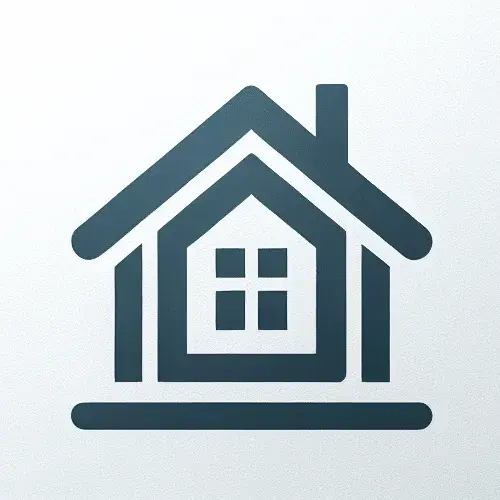About Homeowners Insurance
The modern homeowners policy was born in September 1950 when the Insurance Company of North America bundled fire, theft, liability, and additional living expense into one multi-line contract that cost roughly 20% less than buying separate policies, an innovation that quickly reshaped mortgage requirements and the post-war housing boom.1
The New York Standard Fire Policy still controlled wording through the 1940s, but demand for simpler combined coverage pushed lawmakers to let carriers merge property and casualty perils; by the 1970s ISO was issuing standardized HO-1 through HO-8 forms and updating them in 1976, 1984, 1991, and later to keep settlement provisions and peril lists in sync nationwide.2,3
Today's HO-3 contracts standardize Coverage A-F benefits, require replacement-cost dwelling values, and typically earmark about 20% of the dwelling limit for loss of use while giving homeowners choices such as guaranteed replacement cost, ordinance or law, and water backup endorsements.4,5 Regulators continue to fine-tune wording; for example, New York's Department of Financial Services will enforce a uniform hurricane definition on February 2, 2026 so every carrier triggers wind deductibles the same way for coastal households.6


